BBC blasted for pulling documentary on Gaza children after Israel lobby pressure
The BBC has faced significant criticism after removing a documentary about Palestinian children in the Gaza Strip from its iPlayer platform.
The documentary, titled, “Gaza: How To Survive A Warzone,” came under intense scrutiny after it was revealed that one of the featured children, 13-year-old Abdullah Alyazouri, was the son of Dr. Ayman Alyazouri, a deputy minister in the government in the coastal territory.
The territory is ruled by the Palestinian resistance movement Hamas, which has historically defended it in the face of deadly Israeli atrocities, including the regime’s recent 15-month-plus-long war of genocide that has claimed the lives of more than 48,300 Palestinians, mostly women and minors.
The BBC’s decision to pull the documentary followed mounting pressure from pro-Israeli advocates, including the Israeli ambassador to the UK, and statements from British government officials, including Culture Secretary Lisa Nandy, who had indicated she would be engaging in discussions with the BBC over the matter.
While the BBC stated it was conducting "further due diligence" on the production, the decision has sparked a fierce debate over media impartiality and the portrayal of Palestinians in the United Kingdom and its various apparatuses.
The British broadcaster said the film “features important stories” about the experiences of children in Gaza, which had to be told, but added that the documentary would not be available on iPlayer while the so-called review was ongoing.
The uproar intensified when it was revealed that the documentary’s minor narrator, Abdullah Alyazouri, was the Palestinian official.
According to reports, Dr. Ayman Alyazouri, deputy minister of agriculture in Gaza, had an academic and professional background that included working with the United Arab Emirates’ government and studying at British universities.
The information prompted a group of 45 Jewish journalists, including former BBC governor Ruth Deech, to send a letter demanding the removal of the documentary, labeling Alyazouri as a "terrorist leader."
Many, however, have come to the defense of the documentary.
Chris Doyle, director of the Council for Arab-British Understanding (CAABU), expressed regret over the BBC’s decision, calling it “a shame” that the documentary was removed under pressure from anti-Palestinian activists who, he argued, had shown little empathy for the suffering of Palestinians in the coastal sliver.
Doyle emphasized that the film offered “valuable insights into what life is like in this horrific warzone” and praised its high-quality production, urging the broadcaster to reinstate the documentary as soon as possible.
The controversy also raised alarms about the BBC’s editorial independence.
Prominent film-maker and journalist Richard Sanders, who has worked on documentaries about Gaza for Qatar’s Al Jazeera television network, called the move a “cowardly decision.”
He warned that if the BBC caved in to pressure from pro-Israeli lobbyists, it would set a “dangerous precedent” for how Palestinian stories were covered in the media.
The film, which depicts the realities that are faced by Palestinian children living under the constant threat of Israeli bombardments, has been described as a means of “humanizing” the plight of the youngest victims of Israeli aggression.
The controversy comes as Gaza continues to endure a humanitarian crisis exacerbated by the Israeli regime's incessant violations of ceasefire agreement that is supposed to end the genocidal war and a stifling siege imposed by Tel Aviv.
Since the beginning of the siege, thousands of Palestinian civilians, including children, have lost their lives, while many others suffer from severe shortages of food, water, and medical supplies, prompting international human rights organizations to describe the situation there as among the worst in the world.
As part of an ongoing campaign to silence Palestinian voices and diminish international sympathy, pro-Israeli figures, however, have often targeted media coverage that potentially portrays Palestinians in a humanizing light, including in the context of Gaza’s children.
These efforts are seen by many as part of a broader strategy to shield the regime from scrutiny over its barbaric violations across the Palestinian territories.
Kabul rocked by explosions as Pakistan launches airstrikes
Iran Armed Forces warn US of severe consequences for any aggression
VIDEO | Iran, US move ‘closer to agreement’ after ‘serious, longest’ round of talks: FM
Israeli army chief privately warns of cost of new war with Iran: Report
IRGC official: US buildup, psychological tactics aim to 'swallow Iran again'
Iran’s three-man team captures triple gold at UWW ranking series in Tirana
Iranian academic sentenced to 4 years in prison in France for supporting Palestine
VIDEO | Press TV's news headlines


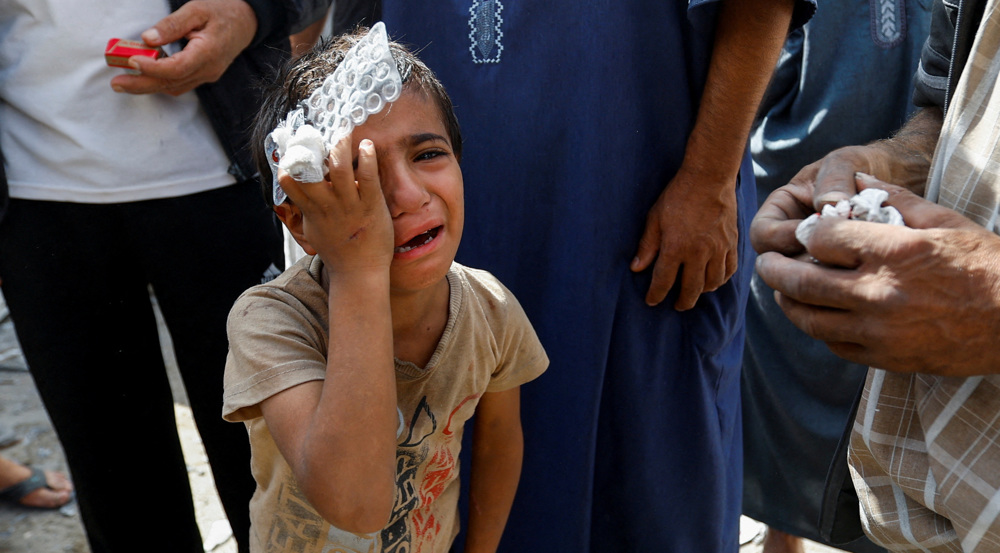
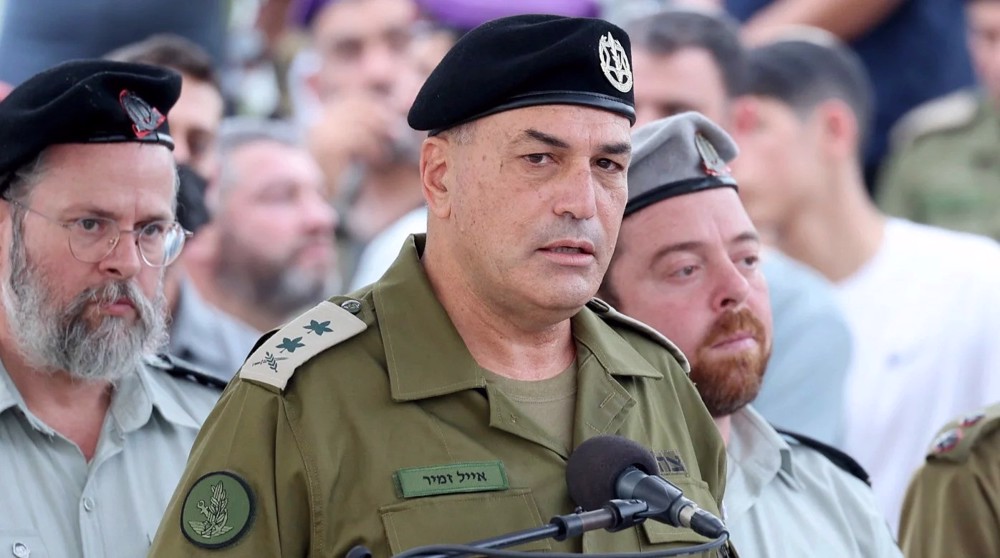
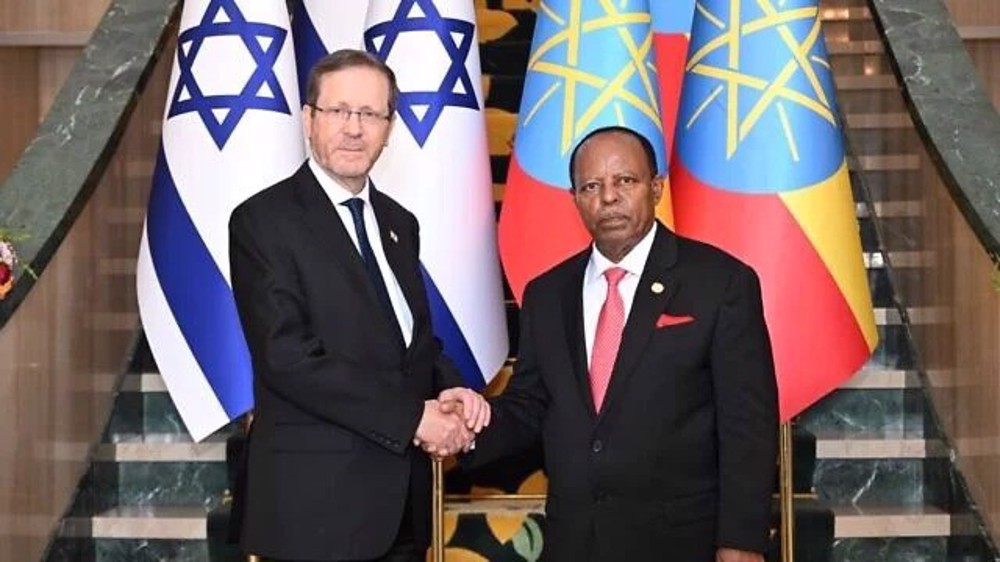
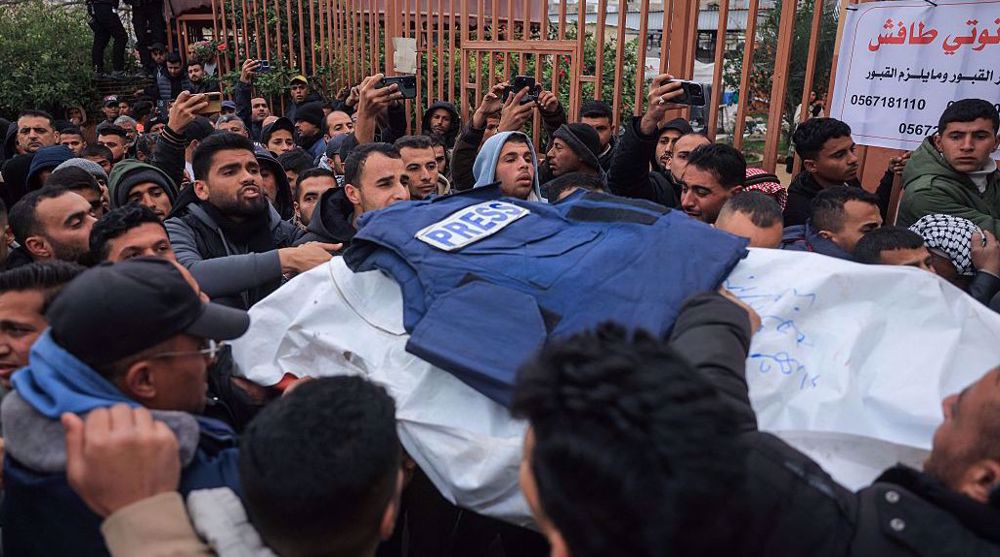



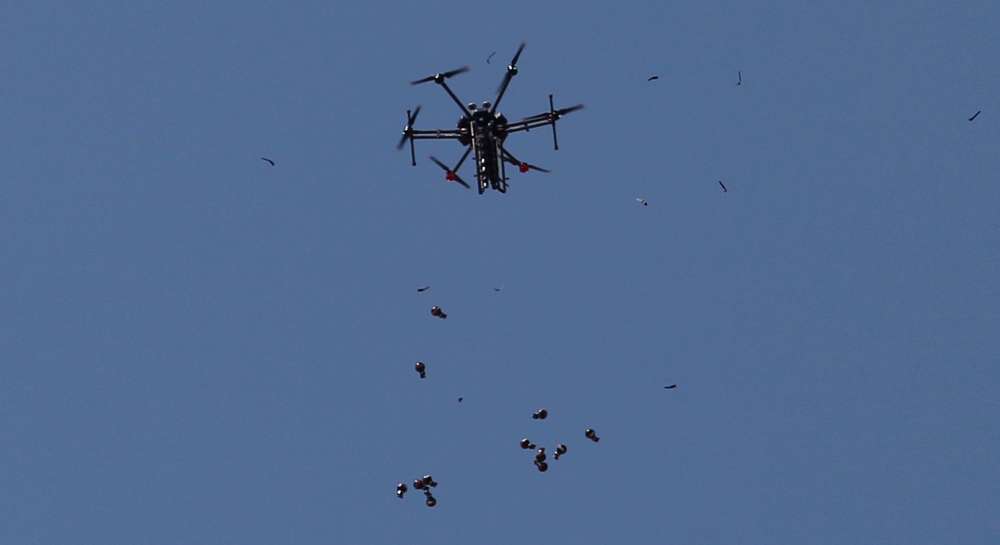
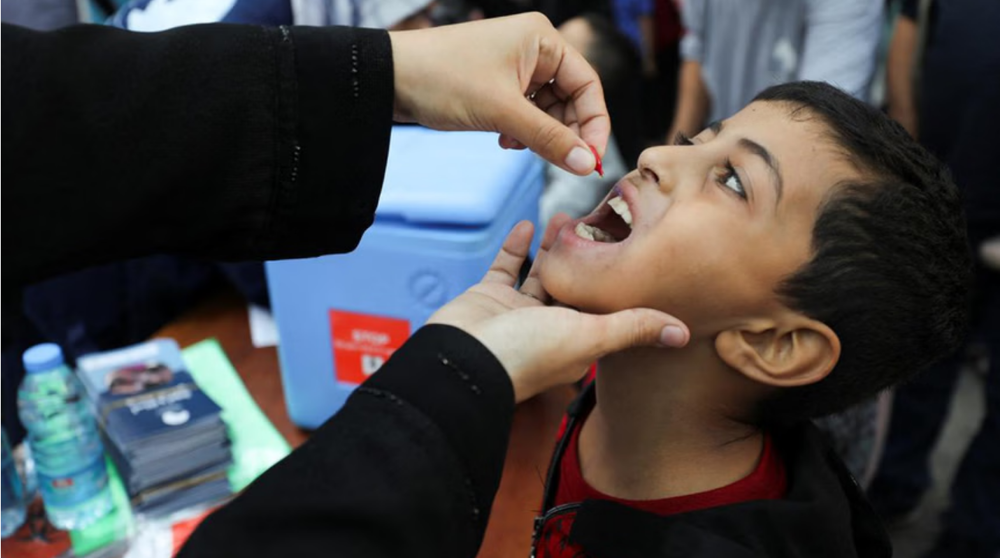
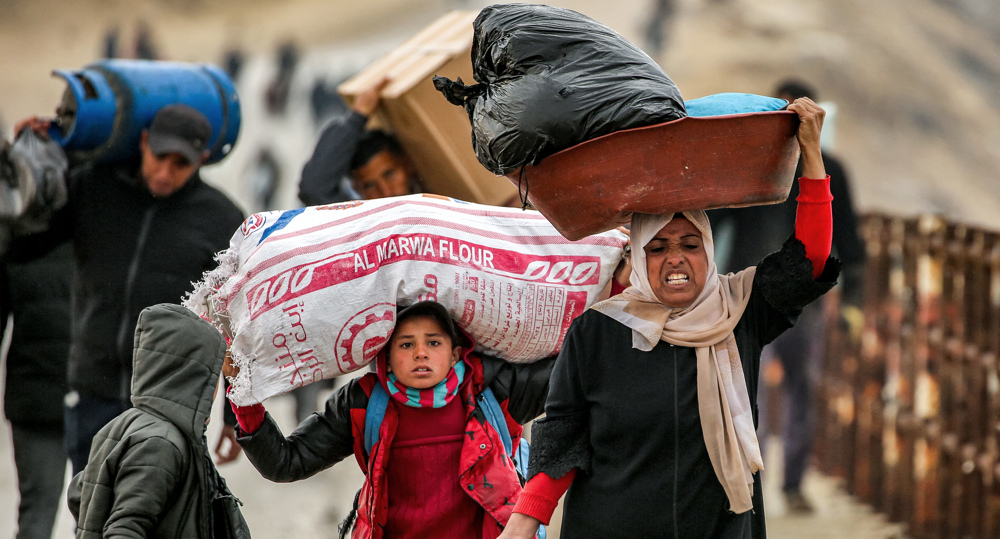

 This makes it easy to access the Press TV website
This makes it easy to access the Press TV website